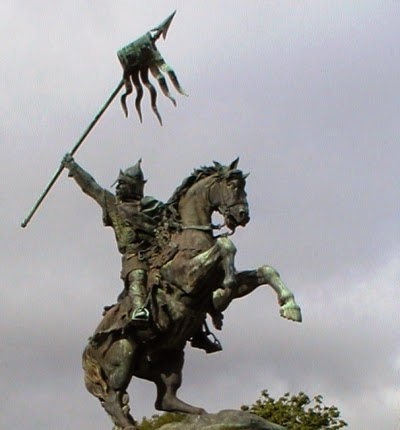Isaiah 12, Part 2: God Draws Near

Isaiah 12, Part 2: God Draws Near Isaiah makes an abrupt change in tone midway through this chapter. Verse one began with "You", translated from a Hebrew word that is singular, suggesting a feeling of isolation. But the subject of verse three is a word that is plural, suggesting fellowship or gathering together. Isaiah 12:3 (ESV) With joy you will draw water from the wells of salvation. Further supporting the notion of plurality, the song encourages the listeners to "make known his deeds among the peoples...let this be made known in all the earth." Perhaps the change in number points to the unity experienced between an individual and God: Isaiah 12:6 (ESV) Shout, and sing for joy, O inhabitant of Zion, for great in your midst is the Holy One of Israel. "Your" in verse six is singular, but describes God as being in the midst of that singular person, as if Isaiah is speaking of an person indwelt by the Spirit of God. MIDST: qereb "





